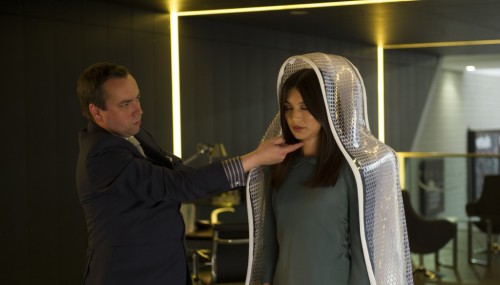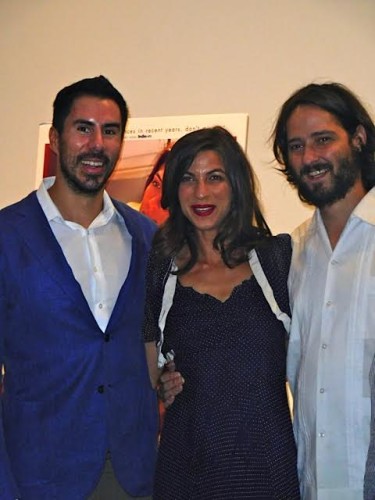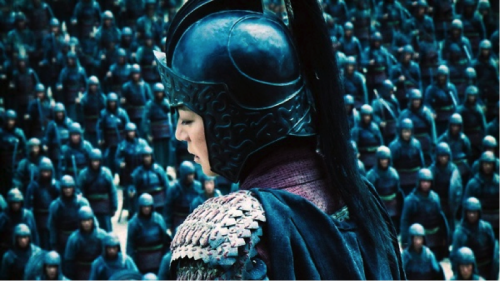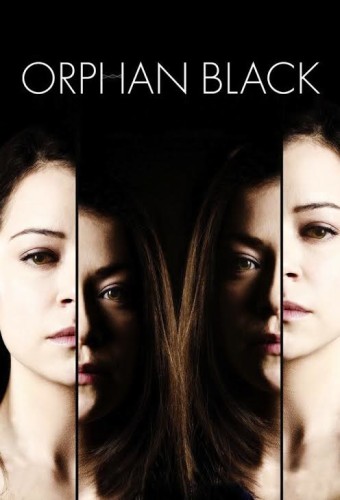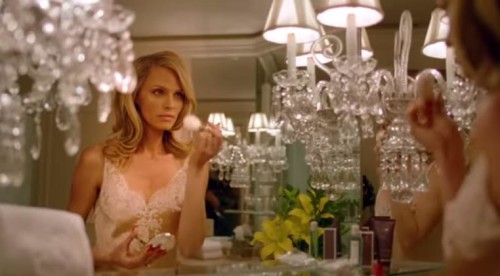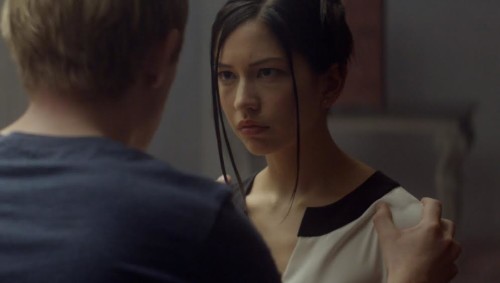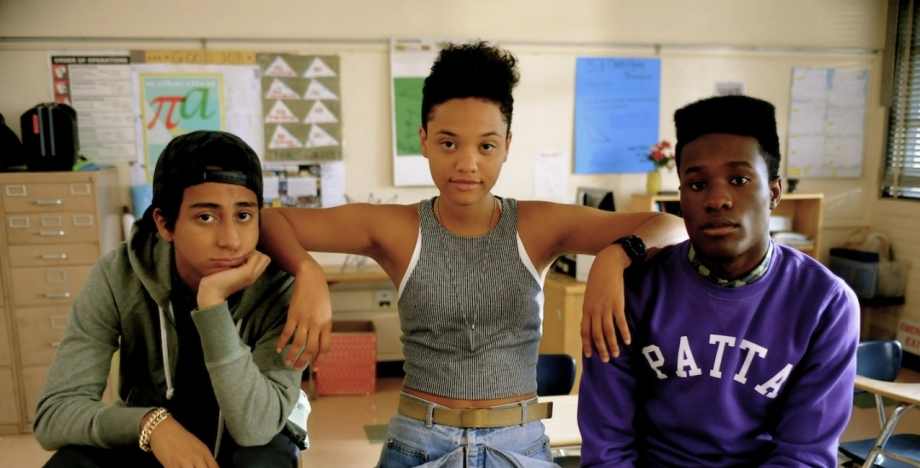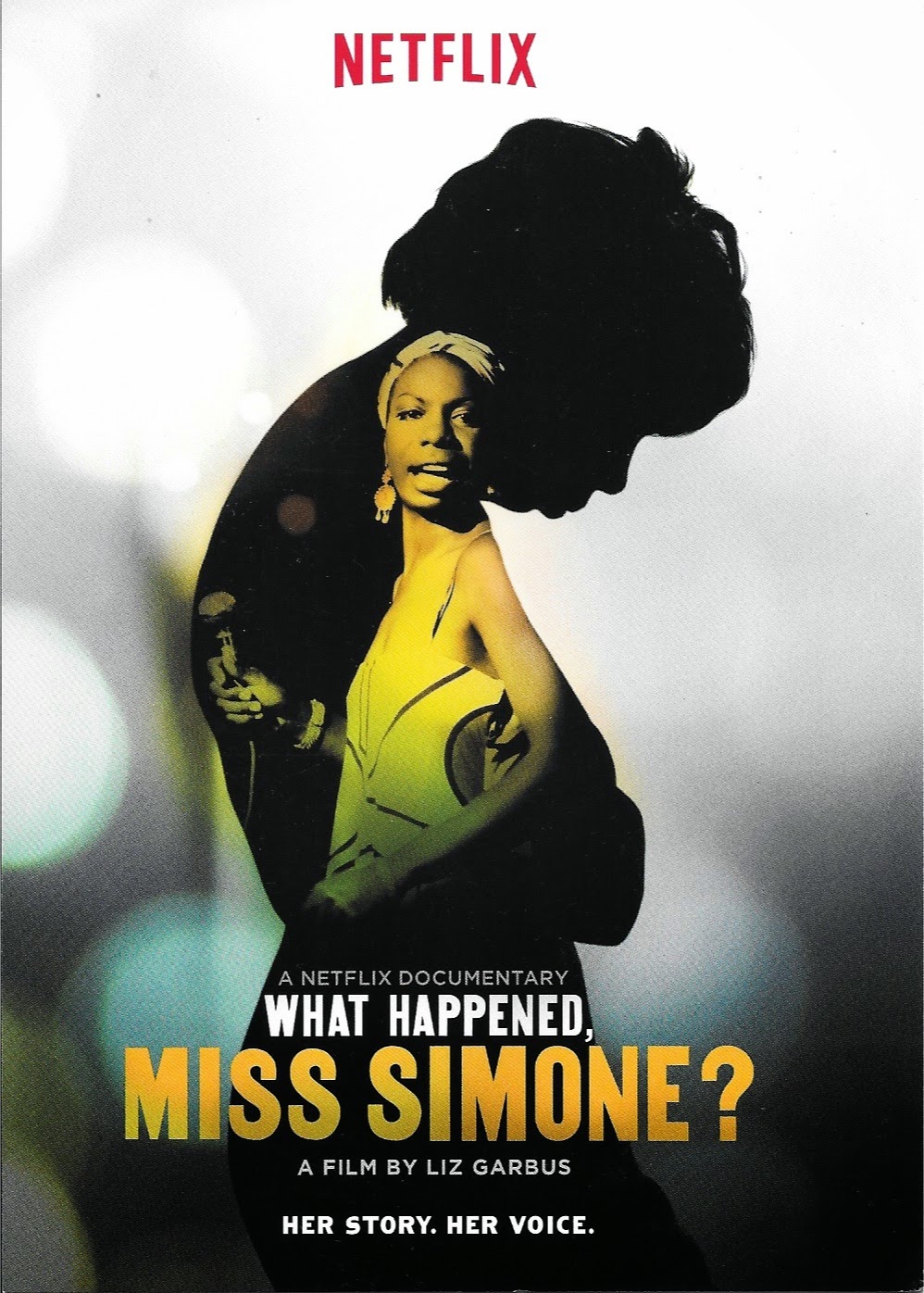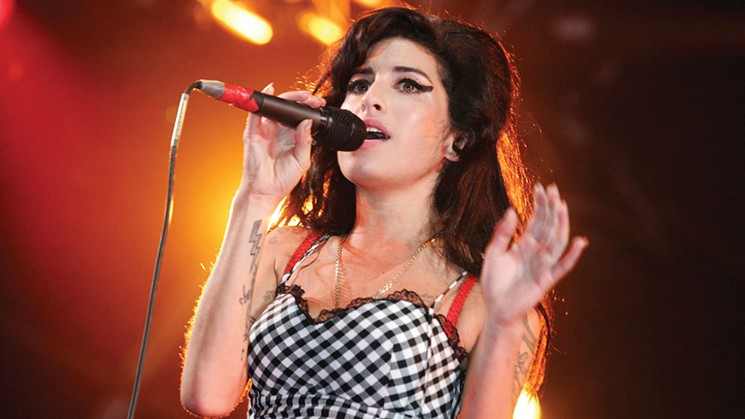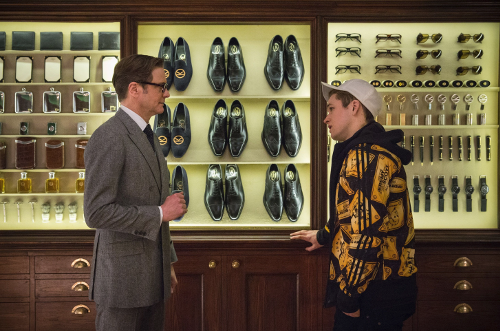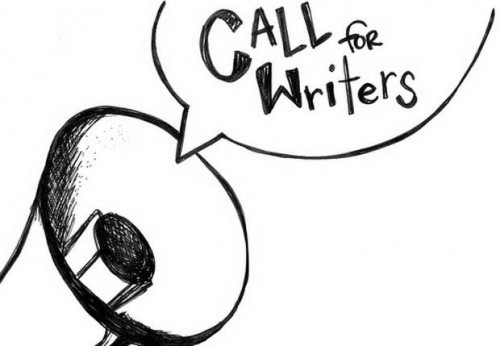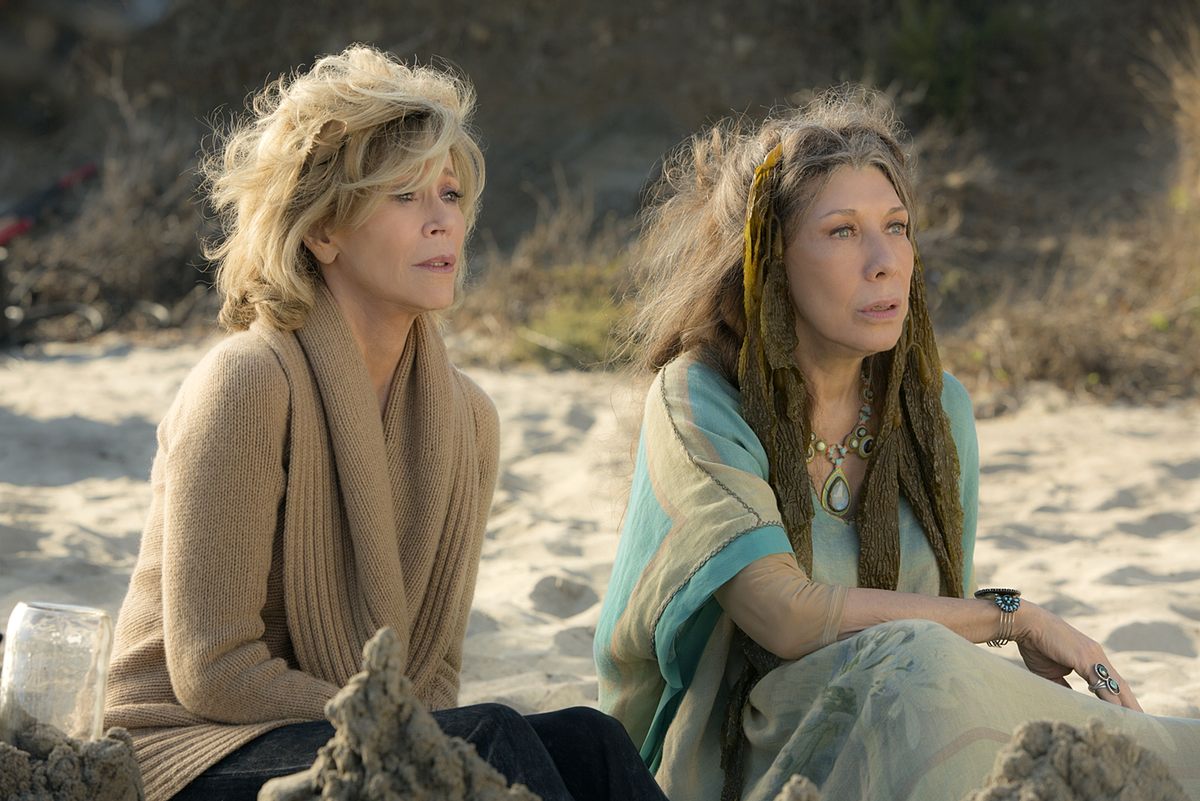‘Humans’ Thinks About Gender, Power, and Technology
The question at the heart of this U.K.-U.S. hybrid miniseries is, what does it mean to be human? Through the show’s emphasis on intimate, domestic life, this becomes a decidedly gendered question. Among the four concurrent storylines, Anita’s and Niska’s stories stick out to me as the most expressly concerned with gender, power, and technology. In a parallel present in which traditionally gendered roles like housekeeper, cook, nurturer, and prostitute are taken up by hyper-productive female robots, what does it mean to be a human woman? Or more specifically: what is a mother? A sex worker? A wife? And what is the relationship between female Synths and human women–one of solidarity or antagonism?
